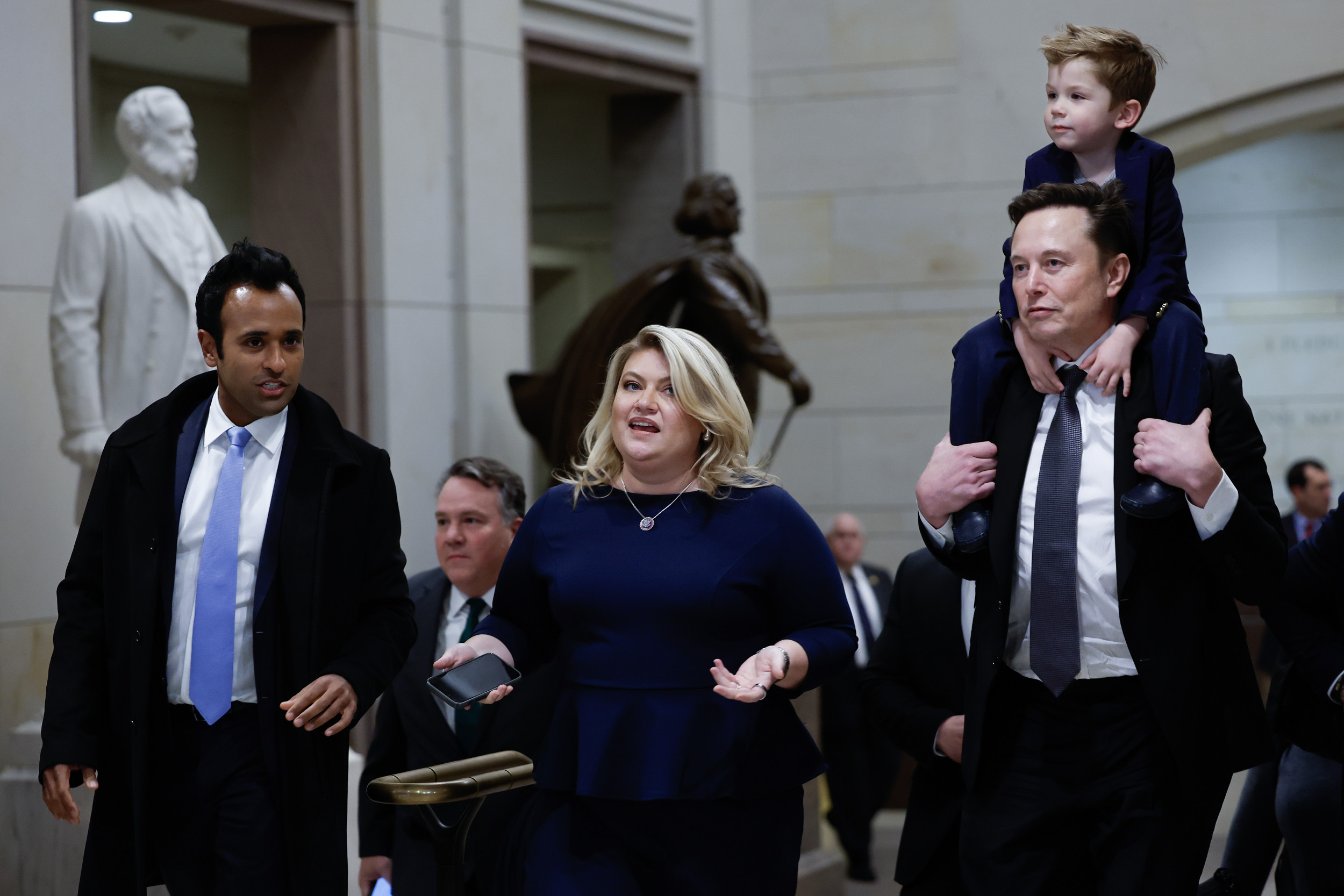General Motors (GM) announced Wednesday that it will take more than $5 billion in charges during the fourth quarter due to the poor performance of its Chinese joint ventures.
The move includes writing down the value of its equity stake by $2.6 billion to $2.9 billion and incurring $2.7 billion in restructuring charges, according to the company's filing with the U.S. Securities and Exchange Commission.
These noncash charges will reduce GM's net income but will not affect its adjusted pretax earnings. The Detroit-based automaker has seen its Chinese ventures—once a dependable source of equity income—swing to losses.
GM reported a $347 million loss from these ventures between Jan. and Sept., compared with a $353 million profit during the same period in 2023.
Despite this, GM expects its full-year net profit to range between $10.4 billion and $11.1 billion.

International Competitors Gain Ground
China has become an increasingly difficult market for foreign automakers.
Domestic competitors, including BYD, have gained market share by improving quality and reducing costs, often with government subsidies.
For years, GM has owned a 50 percent stake in its joint venture with Shanghai-based SAIC General Motors Corp. (SGM) and maintained other partnerships in China, including a finance arm.
SGM's filing said they are finishing restructuring actions that the automaker expects will "address market challenges and competitive conditions."
Chief Financial Officer for the manufacturer Paul Jacobson said the action had not yet started, but sales were up and inventory was down.

China Subjected to Western Auto Tariffs
Some domestic brands "don't seem to prioritize profitability; they're definitely prioritizing production," GM CEO Mary Barra said during the company's third-quarter earnings call.
She emphasized GM's strategy to adapt by focusing on new vehicle launches and sending premium vehicles to the Chinese market.
In Oct. she told Fortune magazine that the manufacturing superpower's standing in EV production was creating a "race to the bottom." For example BYD's Seagull, starting under $10,000.
Markets in the U.S. and European Union have resorted to raising tariffs on Chinese EV imports to increase the standing of domestic companies.

Recalls Test Investor Confidence
This news isn't the first to rock the boats of shareholders.
Earlier this week, GM expanded a recall affecting Chevrolet Silverado and GMC Sierra heavy-duty pickups due to faulty tailgate release switches.
This recall now includes an additional 132,000 trucks from the 2024 model year, adding to over 500,000 previously recalled vehicles.
According to GM, water infiltration into the electronic release switches can cause tailgates to unlatch unexpectedly while parked, creating potential safety hazards.
The company reported 237 incidents of tailgates opening unexpectedly.
GM advises owners to ensure tailgates are securely latched until repairs can be made. Dealers will begin replacing the defective switches with water-resistant versions on Jan. 13.
This article includes reporting from The Associated Press






.png)













 English (US) ·
English (US) ·